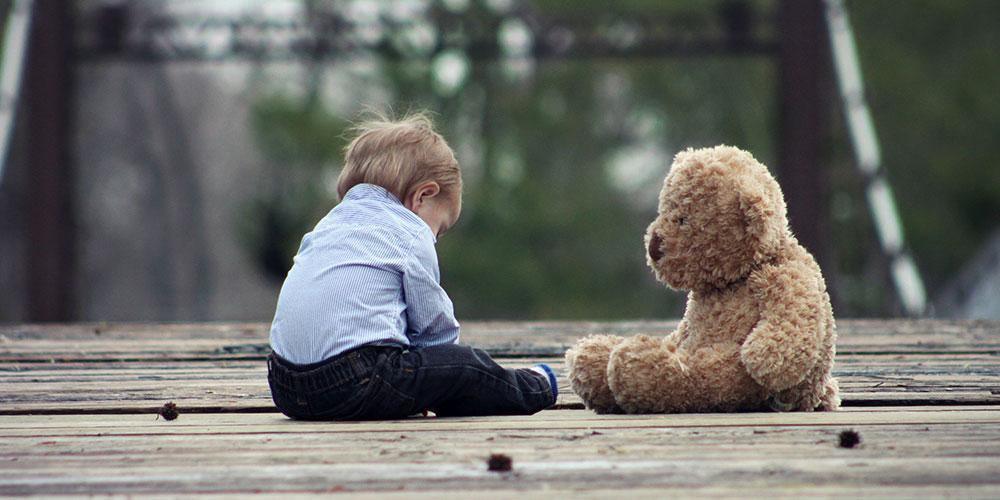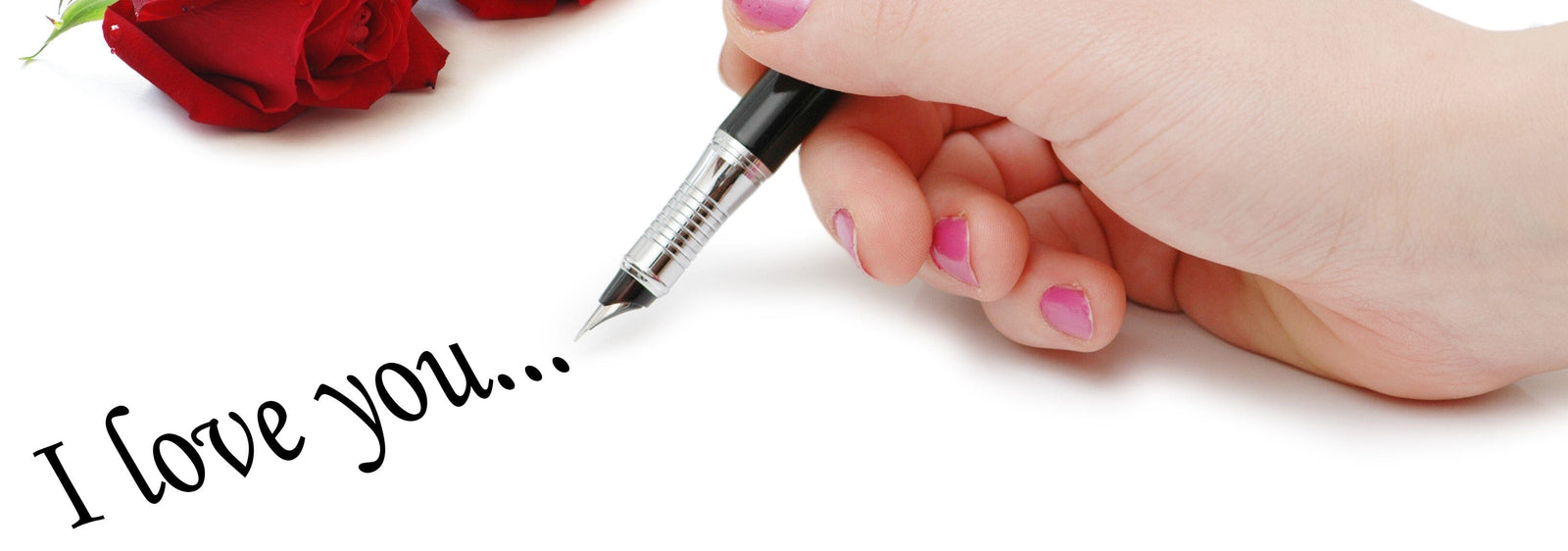Nothing can be more devastating than losing a child. The relationship between parents and their children is among the most intense in life. A child’s death robs a parent of the ability to carry out your parenting role as you have imagined it. One may feel an overwhelming sense of failure for no longer being able to protect and nurture your child; as well as many other parental duties that you expected to fulfill as their parent.
Along with the usual stages of grief, there are many issues that make parental bereavement particularly difficult to go through - especially if the death was unexpected and sudden. During the early stages of grief, most parents experience pain, disbelief, injustice, and numbness - which may even continue for long after the occurrence. It is said that coping with the death or loss of a child requires some of the hardest work one will ever have to do. It does not make a difference whether your child is 4 or 34 when they pass away as it feels unnatural to outlive your child.
Common Responses To A Child’s Death
Ways To Cope With Parental Grief
The resolution of parental grief may seem like an overwhelming task, but it is possible. You may never forget your child, or his/her/their death, but you will survive it. As you go through each holiday, each season, each occasion that may trigger another wave of grief, you will gain greater strength and better tools for coping with the pain.
 Take Small Steps- After the loss of a child, it is important to break down the future into small increments - an hour, a moment, or a day, and deal only with one portion at a time. Focus on tasks — feed the dog, do the laundry, wash the dishes, etc. These little bits of normalcy and focusing on the moment at hand will make grief more bearable.
Take Small Steps- After the loss of a child, it is important to break down the future into small increments - an hour, a moment, or a day, and deal only with one portion at a time. Focus on tasks — feed the dog, do the laundry, wash the dishes, etc. These little bits of normalcy and focusing on the moment at hand will make grief more bearable.
 Accept Help -Be open to accepting help from family, friends, and your community. Allow them to help with meals, help with running errands or even watching your other children while you take some time for yourself. Even more importantly, allow them to listen if you need to talk. If people offer help, take them up on it - and if you need help, ask for it. Those around you have the desire to help, but they may not know how to do it.
Accept Help -Be open to accepting help from family, friends, and your community. Allow them to help with meals, help with running errands or even watching your other children while you take some time for yourself. Even more importantly, allow them to listen if you need to talk. If people offer help, take them up on it - and if you need help, ask for it. Those around you have the desire to help, but they may not know how to do it.
 Pay Attention To Your Health -Neglecting your health after a child's death is very common. You may forget or not feel like eating, exercising, sleeping and keeping up with personal hygiene. You also may be neglecting regular doctor appointments too. It is important to keep track of your health during a difficult time, so take baby steps to get back on track - have a decent meal with a friend/partner, take a short stroll through the neighborhood, or take a relaxing bath. As you start to feel better physically, you will start to feel better mentally and will get back to your normal routines.
Pay Attention To Your Health -Neglecting your health after a child's death is very common. You may forget or not feel like eating, exercising, sleeping and keeping up with personal hygiene. You also may be neglecting regular doctor appointments too. It is important to keep track of your health during a difficult time, so take baby steps to get back on track - have a decent meal with a friend/partner, take a short stroll through the neighborhood, or take a relaxing bath. As you start to feel better physically, you will start to feel better mentally and will get back to your normal routines.
 Don’t Hide From Guilt/Sadness -Guilt and sadness are common, but not always present as these feelings can come up at any moment. Feel them, analyze them, and let it happen. Confront the reality of how your child died and your actual intentions/actions at the time. Forgive yourself for being imperfect - you did and continue to do the best you can everyday.
Don’t Hide From Guilt/Sadness -Guilt and sadness are common, but not always present as these feelings can come up at any moment. Feel them, analyze them, and let it happen. Confront the reality of how your child died and your actual intentions/actions at the time. Forgive yourself for being imperfect - you did and continue to do the best you can everyday.
 Find A Support Group -Groups can add another layer of support, whether you join as a couple, family, or alone. It offers the opportunity to connect with people who are experiencing the same thing you are and often provide a safe place to share what you are thinking and feeling with people who understand. As much as friends and other family members want to empathize, there are some elements they cannot comprehend; therefore support groups can be vital to the healing process and make you feel less alone.
Find A Support Group -Groups can add another layer of support, whether you join as a couple, family, or alone. It offers the opportunity to connect with people who are experiencing the same thing you are and often provide a safe place to share what you are thinking and feeling with people who understand. As much as friends and other family members want to empathize, there are some elements they cannot comprehend; therefore support groups can be vital to the healing process and make you feel less alone.





Leave a comment (all fields required)